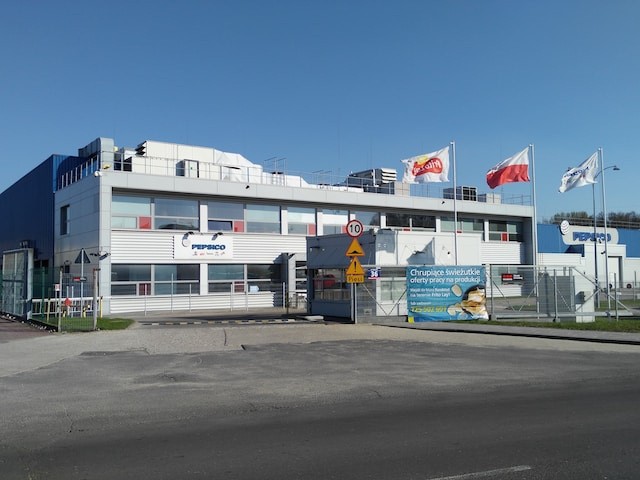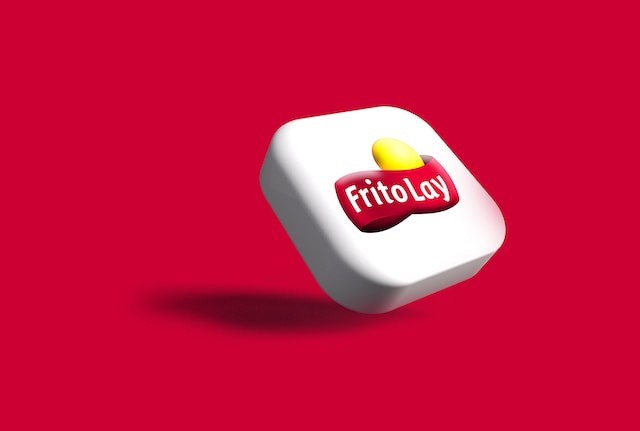
PepsiCo, well-known for drinks like Pepsi, owes much of its success to its snack branch, Frito-Lay. While many associate PepsiCo with beverages, Frito-Lay has become vital to the company's financial strength.
Offering a variety of popular snacks, this division has played a significant role in boosting PepsiCo's overall earnings. The rise of Frito-Lay as PepsiCo's financial backbone highlights the company's smart move into diverse product offerings.
PepsiCo's Great Partnership with Frito-Lay
On June 08, 1965, Pepsi-Cola's merger with snack giant Frito-Lay marked a major shift from focusing solely on sodas. This move has paid off significantly. As of the first three quarters of 2023, Frito-Lay North America has brought in $17.4 billion in revenue, closely competing with Pepsi's North American beverage sales of $19.7 billion.
More impressively, Frito-Lay boasts a higher operating income of $4.9 billion compared to the beverage segment's $2.2 billion. This indicates that Frito-Lay contributes nearly half of PepsiCo's total operating revenue, underscoring the strategic importance of the company's venture into the snack industry.
PepsiCo's expansion beyond beverages into snacks, like its Frito-Lay merger, illustrates a successful venture outside its main area of expertise.
This strategy, mirroring what Hershey is currently doing with snacks, demonstrates the value of diversifying. Companies that effectively extend beyond their core competencies often make substantial investments.
PepsiCo's blend of drinks and snacks provides stability and makes it an attractive choice for investors, particularly its consistent dividend growth, which has been a Dividend King for 51 years. This diversification strategy has been vital to PepsiCo's resilience and growth.
Also Read: Top 10 Most In-Demand Jobs in 2023: No Degree Needed
List of Companies Owned By PepsiCo

PepsiCo's diverse portfolio is a testament to its strategic expansions and acquisitions. The journey started with Frito-Lay North America, a segment born from the merger of Fritos and the snack-food company of Herman W. Lay.
This division has become a flagship for PepsiCo, offering a wide range of popular snack brands. Meanwhile, Quaker Foods North America, acquired in 2001, diversified PepsiCo's portfolio further with brands like Gatorade.
Internationally, PepsiCo's European sector encompasses a variety of beverage and food products, including established brands like Walkers and Quaker cereals.
The Africa, Middle East, and South Asia (AMESA) segment integrates local and international snacks and beverages, featuring partnerships like Lipton iced tea with Unilever.
In Latin America, PepsiCo's presence is marked by a blend of regional and global brands, contributing significantly to the company's revenue.
Lastly, the Asia Pacific, Australia, New Zealand, and China Region (APAC) not only distributes PepsiCo's major brands but also includes strategic alliances in juices with companies like Tingyi in China.
This global spread of diverse brands underlines PepsiCo's successful expansion beyond its original cola beverage, showcasing its ability to adapt and thrive in various markets.
In 2022, food became the dominant source of PepsiCo's net revenue, accounting for 58%, while beverages contributed 42%. The company is also focused on sustainable practices, sourcing 90% of crops like potatoes and oats sustainably as of 2022.
Additionally, PepsiCo has set a goal to deliver 20% of its beverage servings in reusable models by 2030. Having evolved from a beverage-centric company, PepsiCo now operates across various segments, supporting many brands, including Quaker Oats, Lipton, Doritos, and Gatorade.
Related Article: Financial Hub Rankings: Dallas Climbs Above Chicago and LA in Industry Employment















